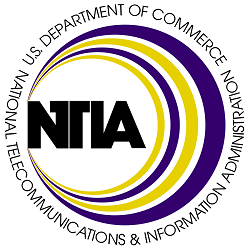Sertex Will Build Lion’s Share Of Maine’s Massive Middle Mile Network
The Maine Connectivity Authority (MCA) has chosen Sertex Broadband Solutions to help build and manage a massive portion of the state’s 536-mile Maine Online Optical Statewide Enabling Network (MOOSE Net) middle mile fiber network.
According to the MCA, Sertex will engineer and construct a 450-mile segment of MOOSE NET on the back of a $30 million grant.
The effort is expected to dramatically improve broadband connectivity for 11,000 homes and businesses as well as 200 community anchor institutions, including rural Maine schools, libraries, and healthcare facilities.
The decision comes after the MCA, Maine’s quasi-governmental public agency in charge of broadband expansion and digital equity, issued a request for proposal (RFP) back in late 2024 looking for partners.

“Maine's low population density and rural geography make it difficult to attract the same investment that other states have seen over the past two decades, “ MCA President Andrew Butcher said. “We are excited to work with Sertex with their proven track record of delivering a network of this scale, and one that is so critical for our State. MOOSE Net will ensure that Maine has the broadband infrastructure that communities and businesses need to thrive and grow.”
In partnership with the Maine Department of Transportation and The University of Maine System, MCA secured a $30 million competitive grant from the National Telecommunications Information Administration's (NTIA) Enabling Middle Mile Broadband Infrastructure Program. The MCA middle mile proposal was one of 32 selected from a pool of more than 260 applications submitted to the NTIA.

